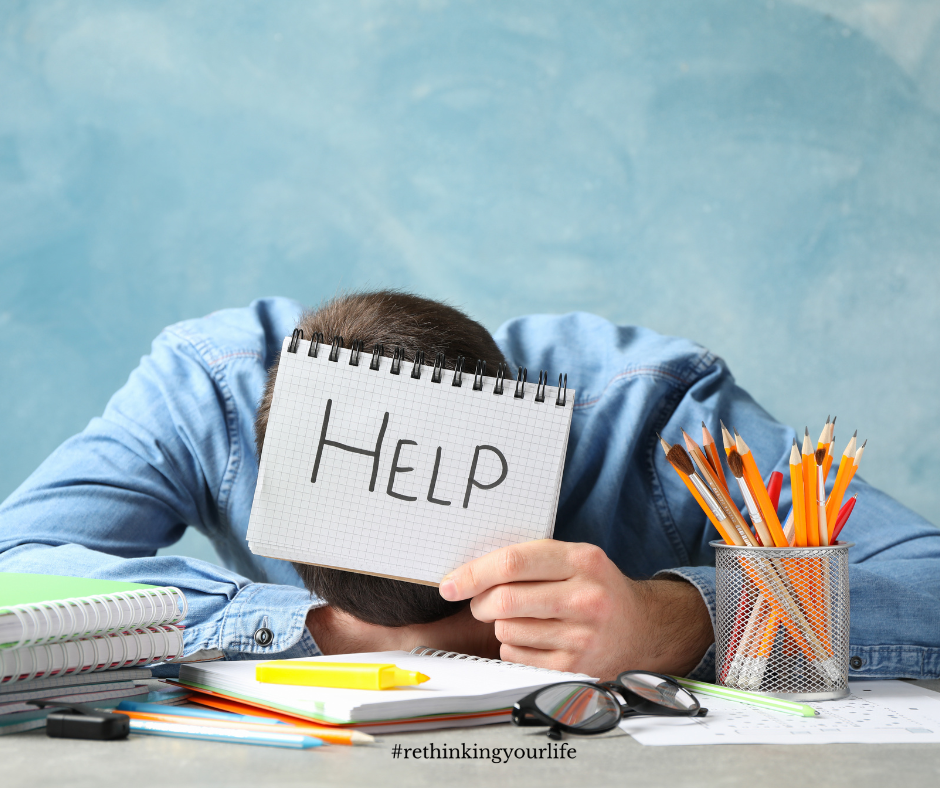Despite the glamorized hustle culture that dominates modern life, a silent crisis is spreading through workplaces worldwide — burnout. It’s more than just fatigue after a long week; it’s the chronic, soul-crushing exhaustion that seeps into every part of life. According to recent research, 80% of employees report feeling stressed at work, and burnout now impacts over 615 million people globally.
The Real Cost of Burnout
Burnout isn’t a buzzword; it’s a full-body response to prolonged stress that can lead to serious physical and mental health issues. Studies show it’s linked to heart disease, diabetes, depression, and even death in severe cases. The World Health Organization has classified burnout as an occupational phenomenon, recognizing it as a global health concern.
5 Signs You’re Burning Out
It’s easy to miss the warning signs until your energy and motivation are completely depleted. Watch out for:
- Feeling isolated or emotionally detached
- Constant exhaustion, even after rest
- Escapist daydreaming about “running away”
- Increased irritability or emotional outbursts
- Frequent illness or lowered immunity
If three or more of these resonate, it’s time to take action — burnout rarely resolves by itself.
Burnout Beyond the Workplace
While often labeled a job-related issue, burnout doesn’t stop at the office door. It can stem from personal relationships, parenting challenges, or caregiving pressures. Unresolved emotional strain from these areas can drain mental energy just as severely as professional stress.
The Slow Drip of Chronic Stress
Think of stress like a dripping faucet. One drop doesn’t seem like much, but over time, it overflows. Chronic stress builds the same way — subtly, invisibly, until exhaustion spills over. Left unchecked, it can erode self-esteem, relationships, and even your will to keep going.
Four Proven Steps to Beat Burnout
- Eat for Energy – Fuel your body with whole foods, fruits, and vegetables. Avoid heavily processed ingredients that amplify stress hormones.
- Move Your Body – Exercise releases endorphins, lowers cortisol, and builds emotional resilience. Aim for 150 minutes of moderate movement weekly.
- Prioritize Sleep – Rest isn’t optional. Deep, consistent sleep restores balance and prevents emotional overload.
- Seek Help Early – The strongest move you can make is asking for support before breaking down. Whether through counselors, friends, or mentors, don’t face burnout alone.
Final Thoughts
Burnout is not personal weakness; it’s the body’s alarm system telling you something must change. The best defense is awareness — recognizing the symptoms, setting boundaries, and taking care of yourself before chronic stress takes its toll. Remember: your health, both mental and physical, is your most valuable resource. Protect it fiercely.

